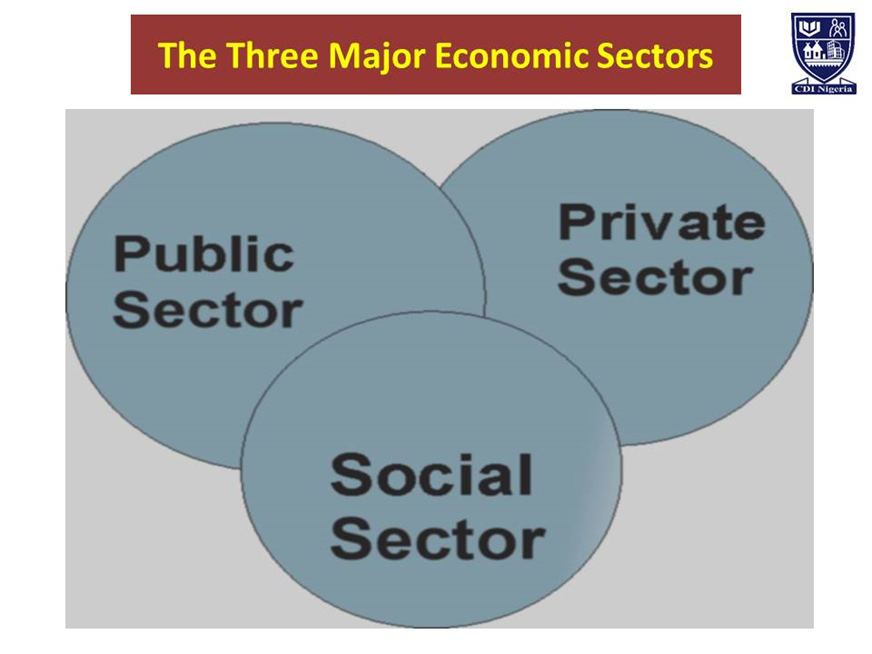The Social Sector: Key
to Tackling Graduate Unemployment
It is often said that there is
dignity in labour. Having an employment or being self-employed contributes to
an individual’s self-worth, dignity and self-respect and provides a sense of
purpose and accomplishment. Being employed or self-employed creates
opportunities for social engagement and inclusion that often elude many
university graduates and school-leavers in the country. Gainful employment
offers an individual a chance to earn money, which facilitates greater
independence.
But given the nation’s sluggish economic conditions that continue to exist as a consequence of economic recessions, there are fewer job opportunities available for the teeming youth population in the country, particularly the Nigeria graduates.
The Social sector Economy:
However, not much is known about an important but often neglected sector - the
social or third sector. Much of entrepreneurship literatures in Nigeria have
placed emphasis on business entrepreneurship. The social sector economy has remained
largely unexplored for job creation and employment among Nigerians.
However, the capacity of the social
sector to create new jobs and employment opportunities is huge. In other words,
the social sector presents a vast career, job and self-employment opportunities
for many young men and women with fresh ideas for addressing societal
challenges. The social sector can indeed be a panacea for job creation and sustainable
development. We will be focusing on the role of the social sector in tackling
social challenges, motivating sustainable development and addressing mass unemployment
in Nigeria..



